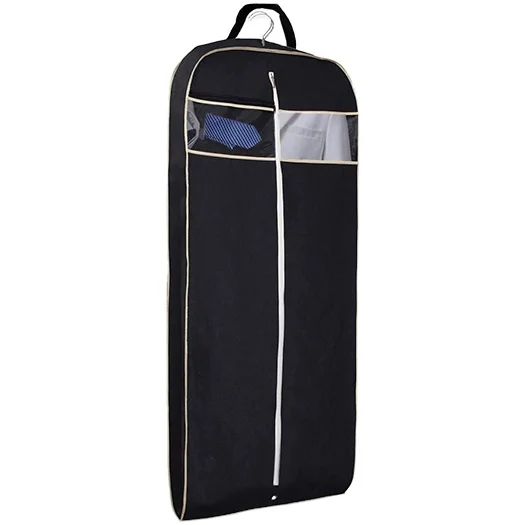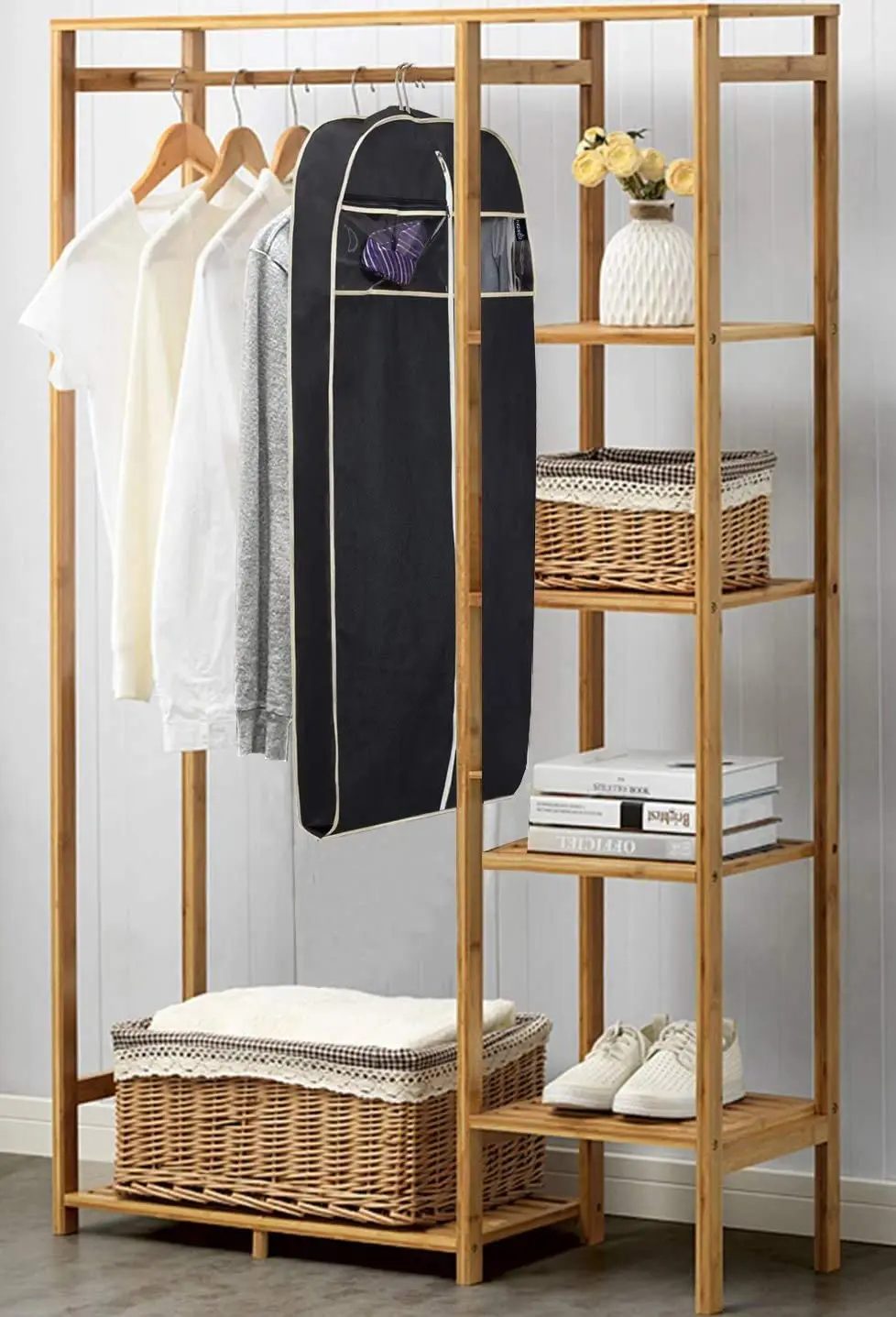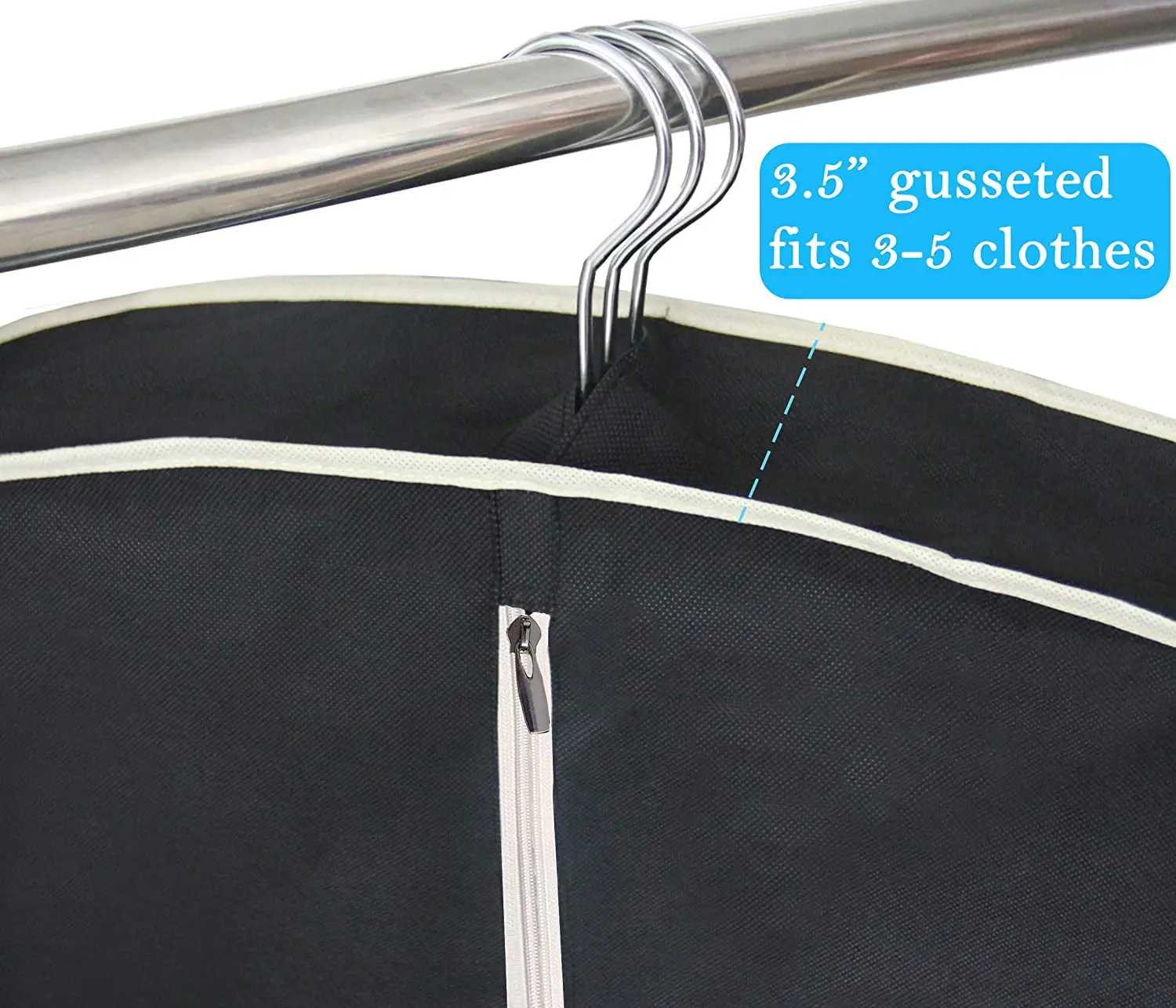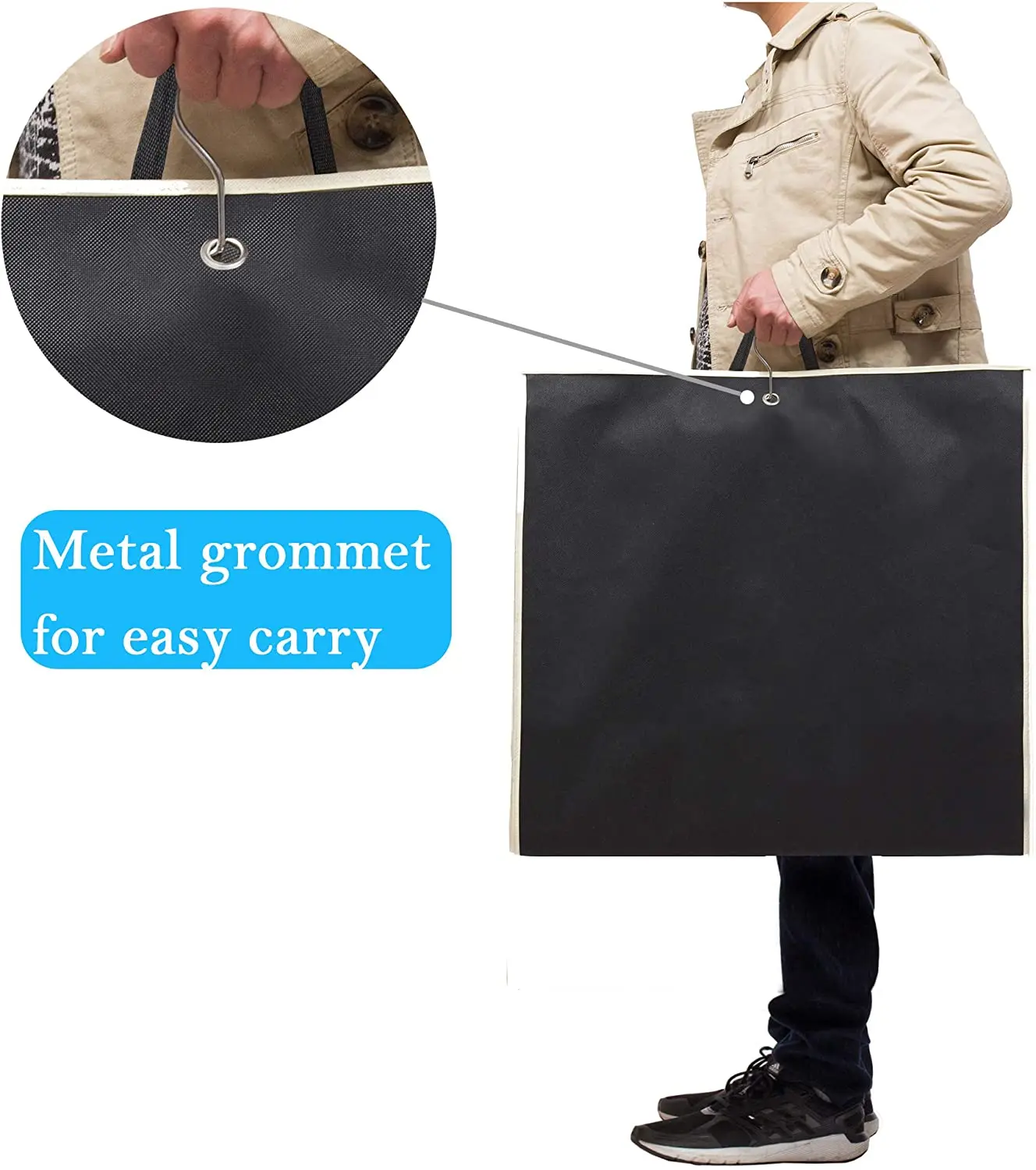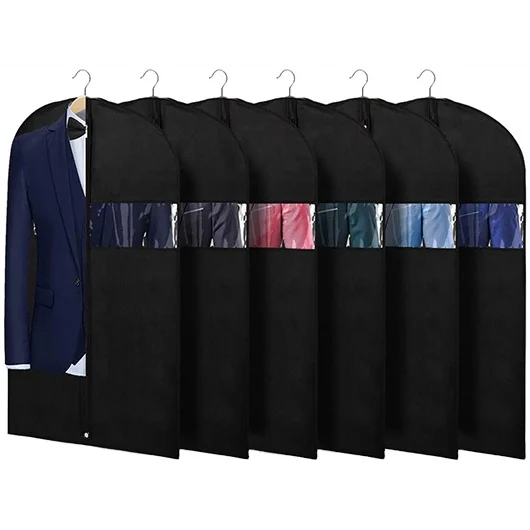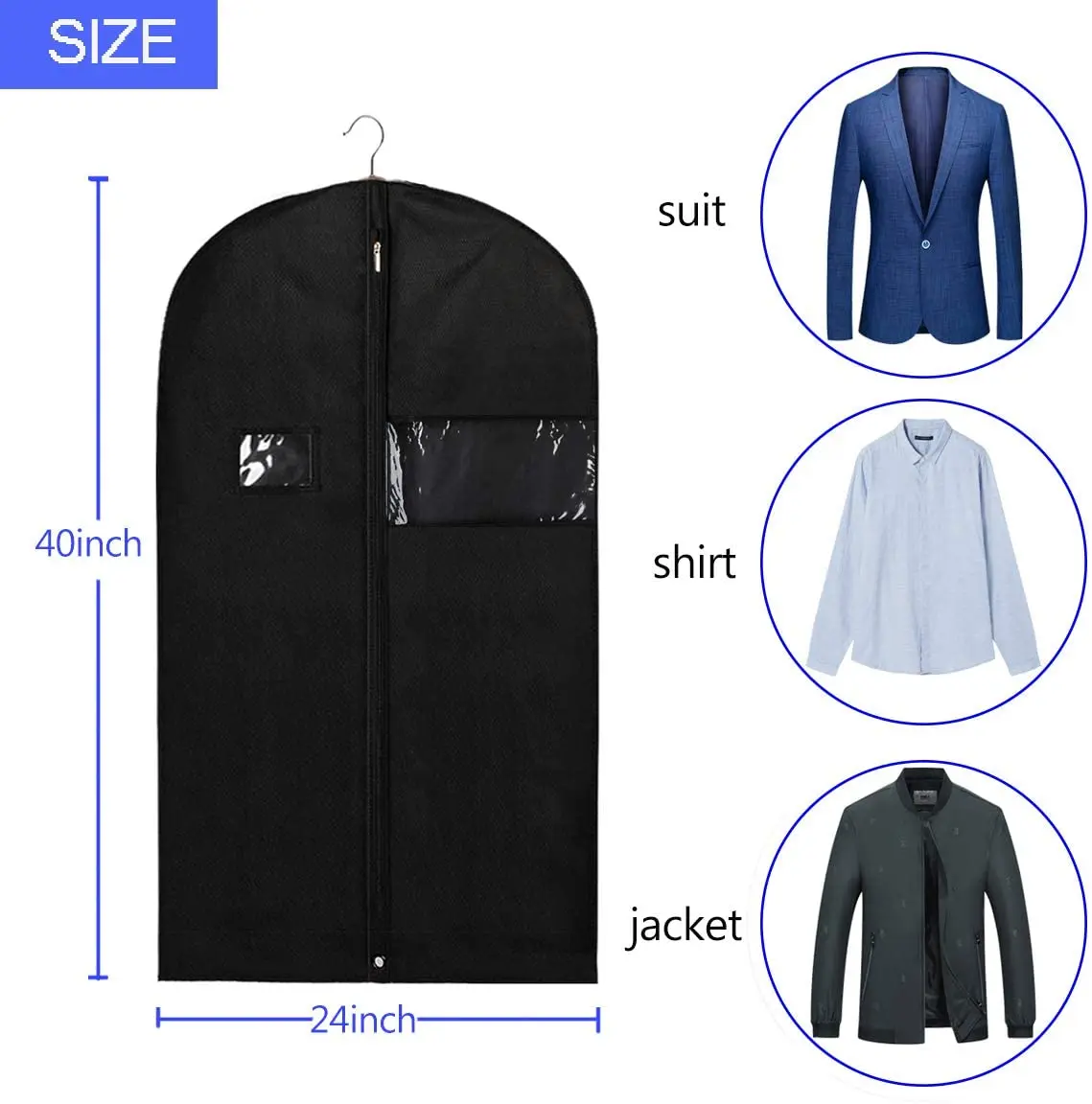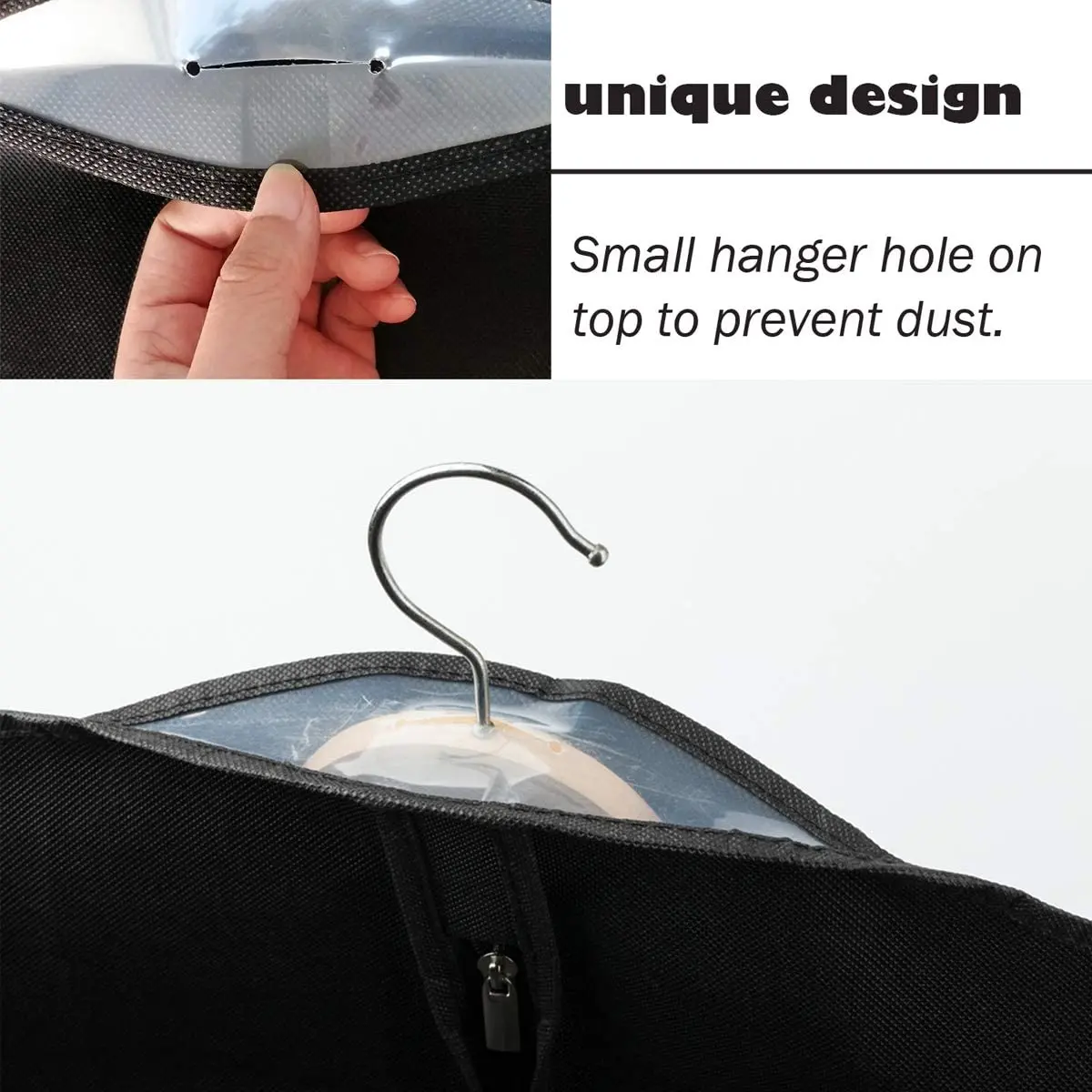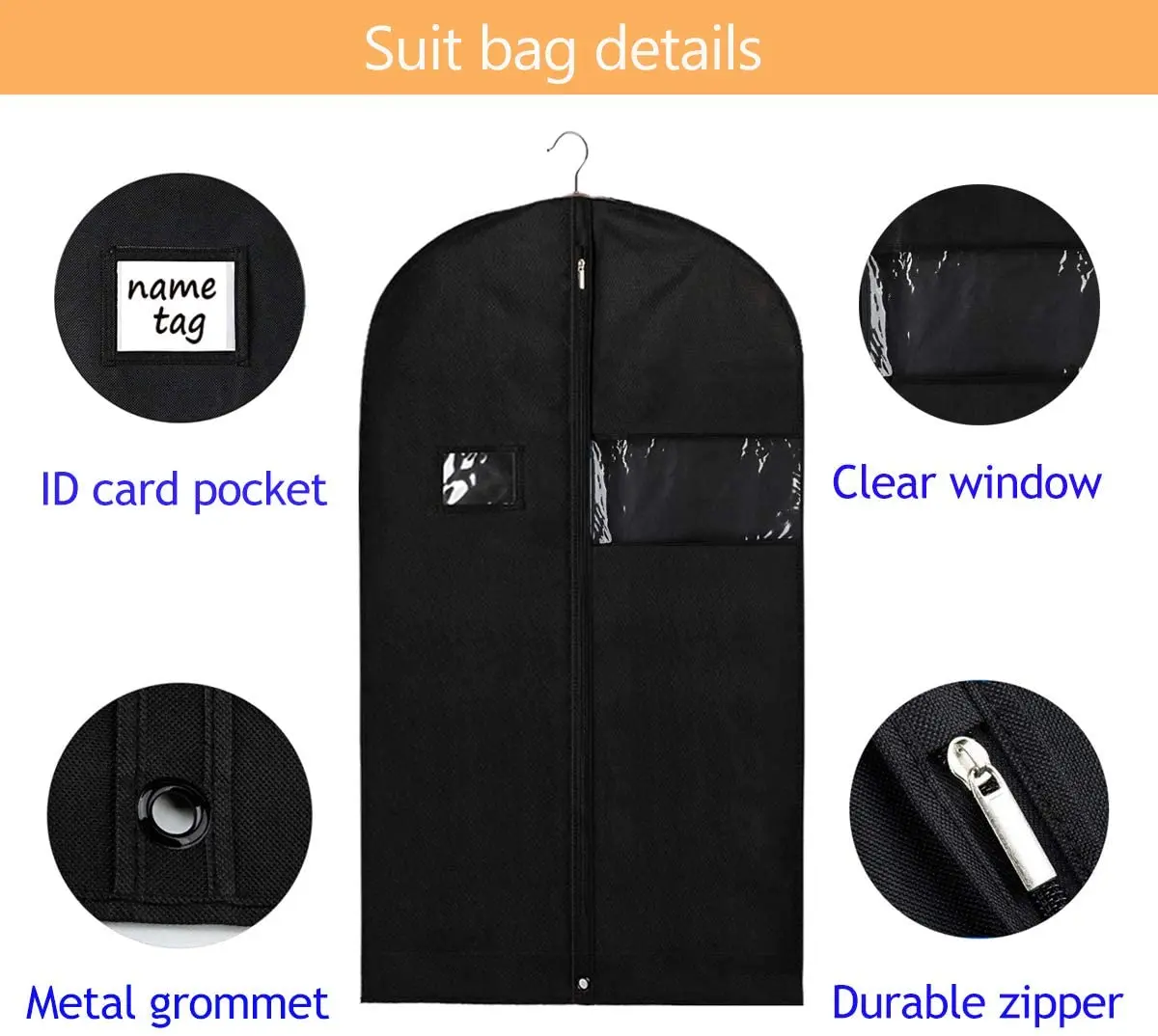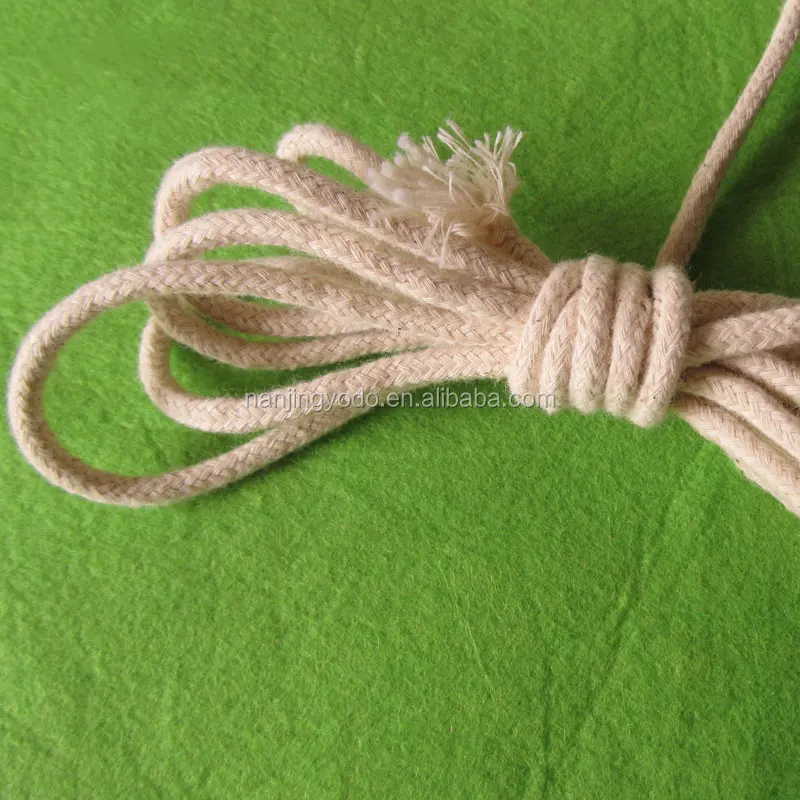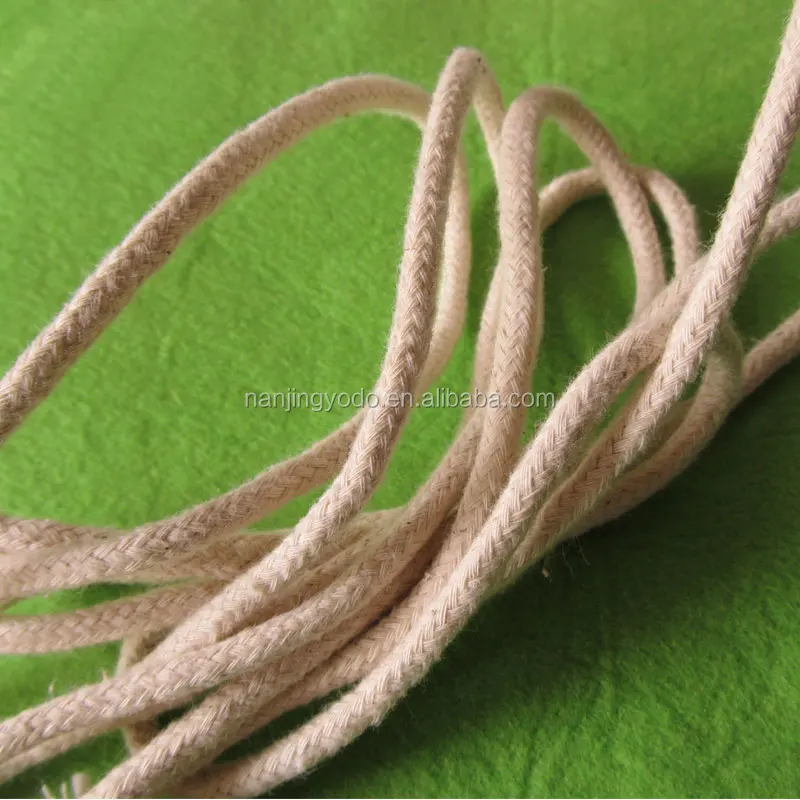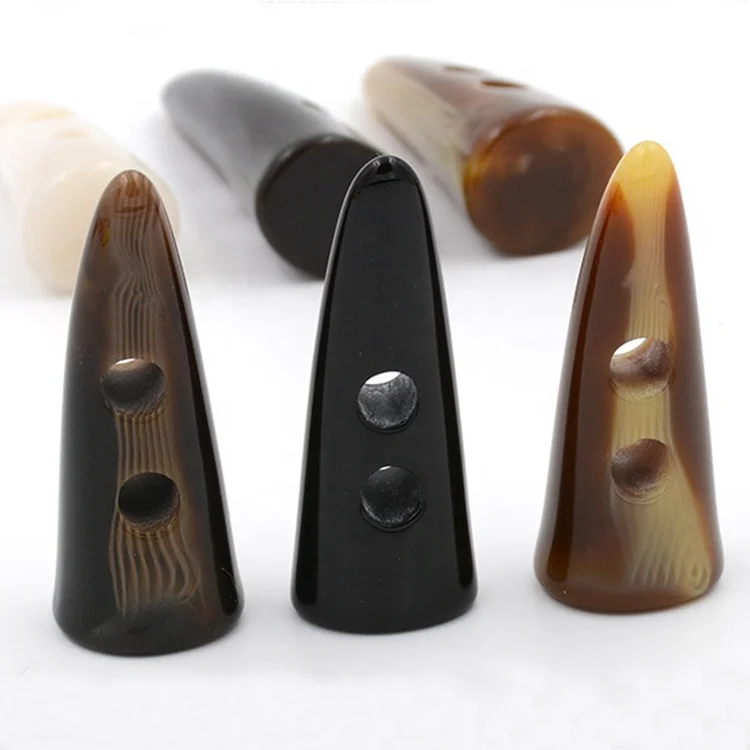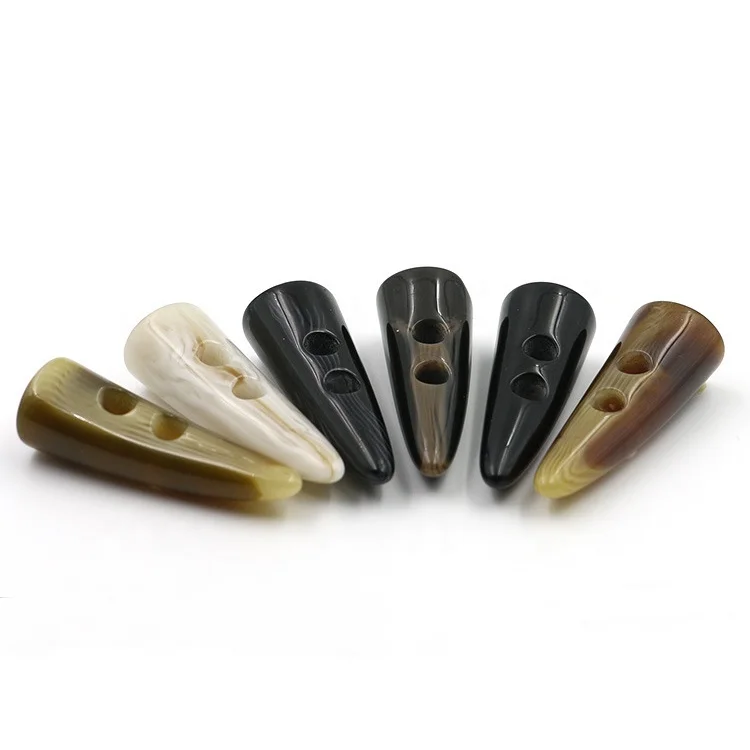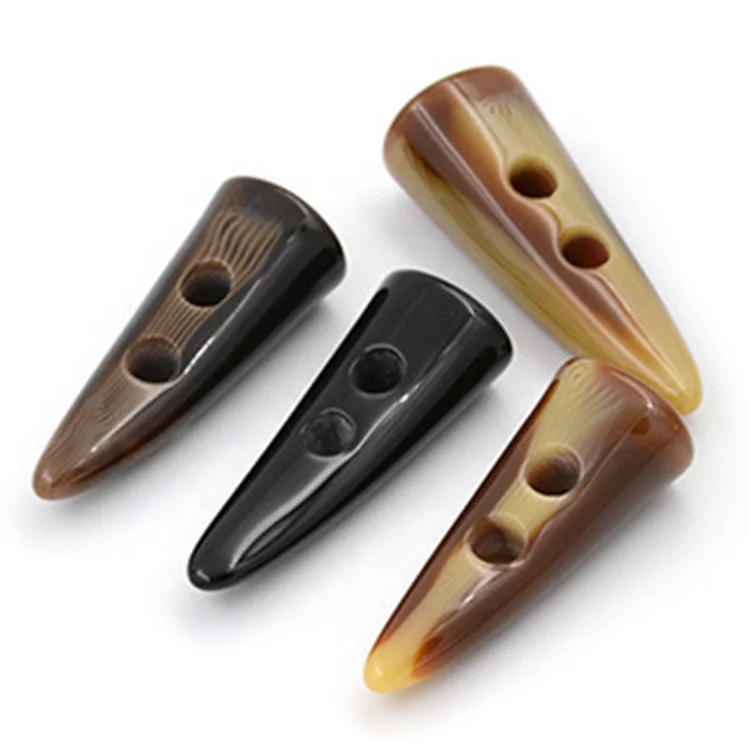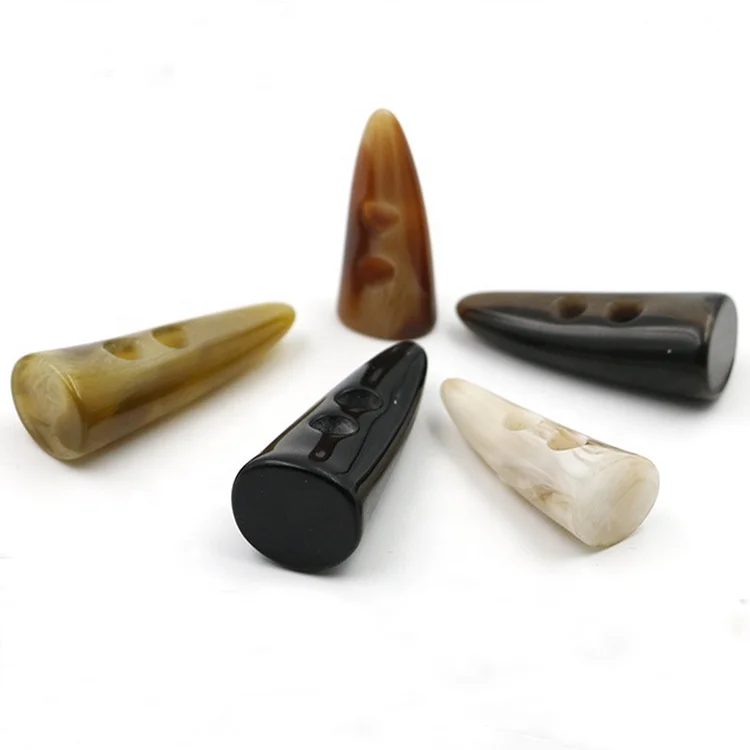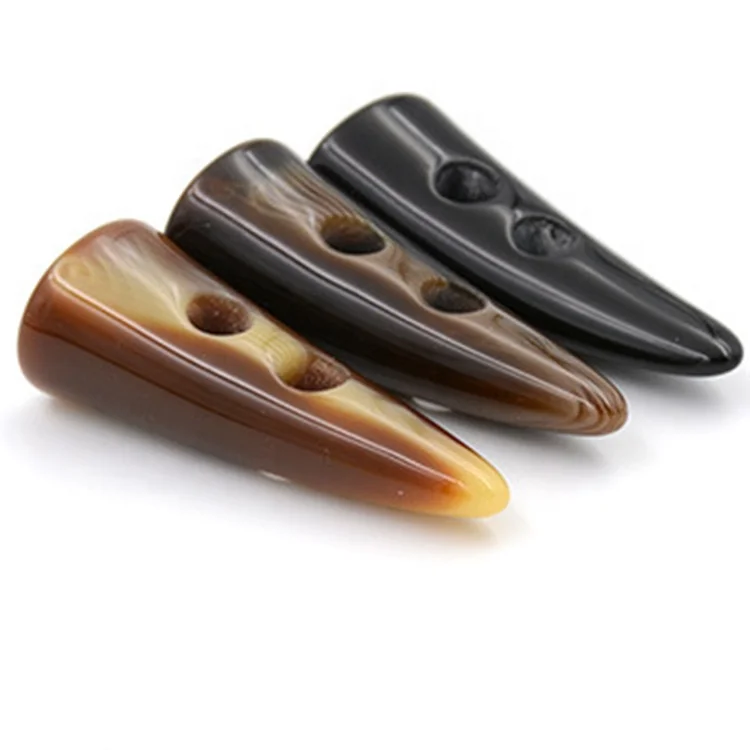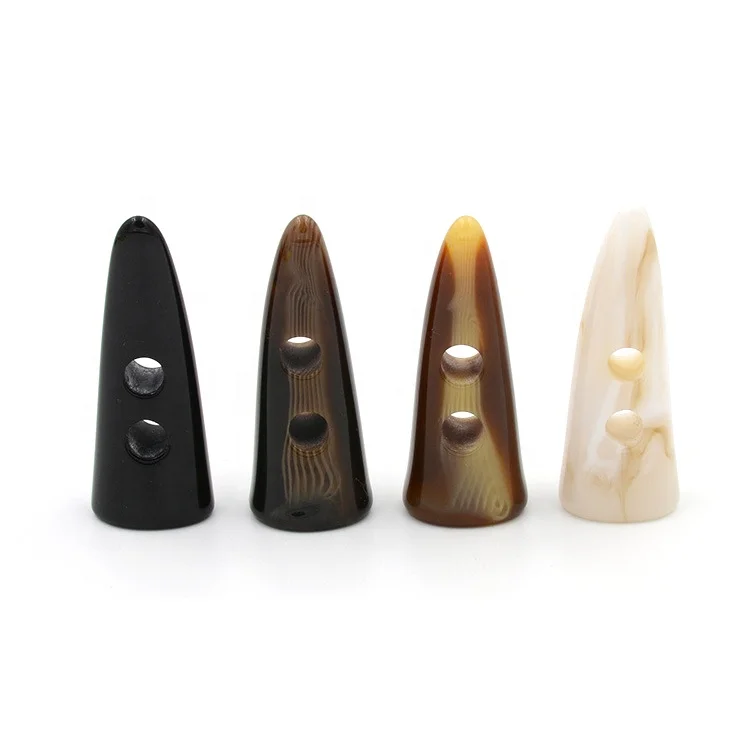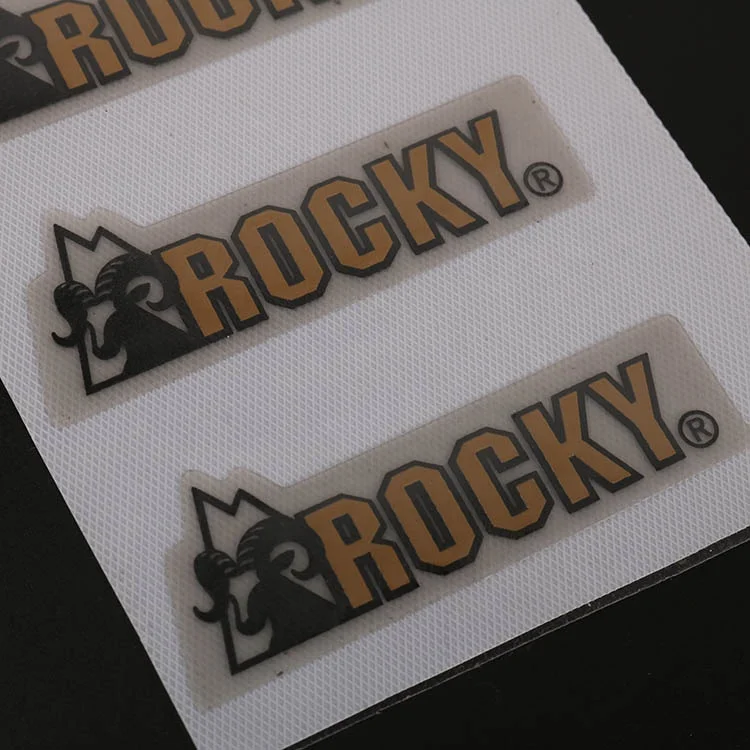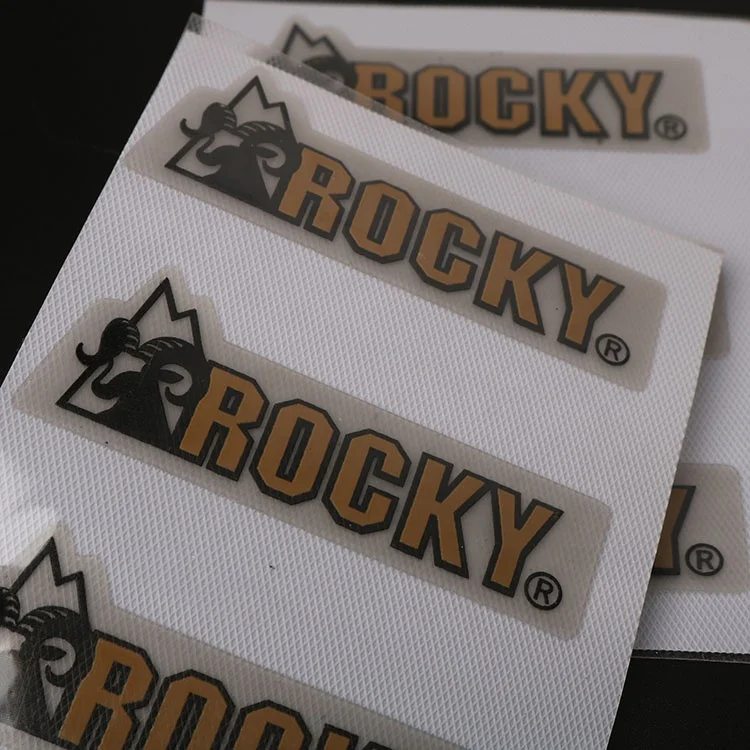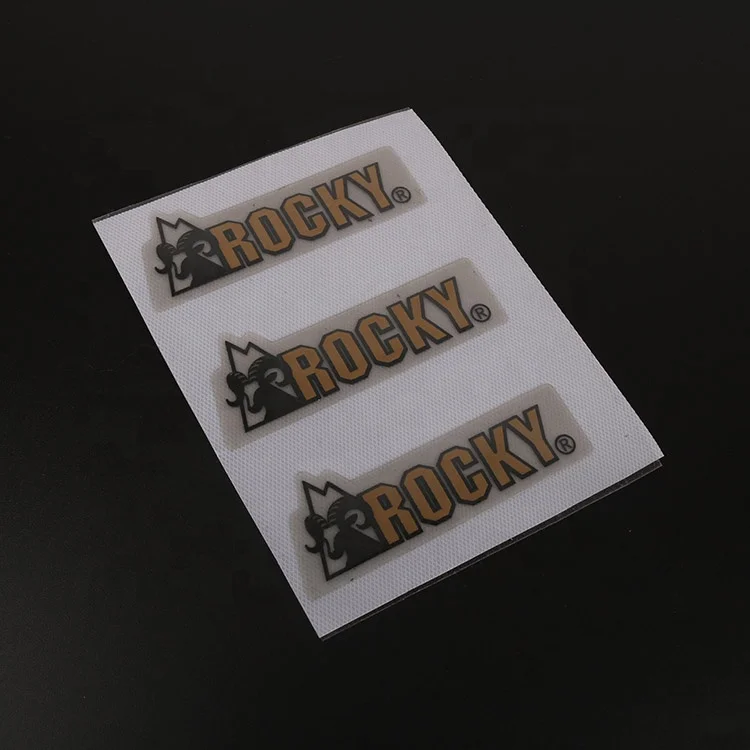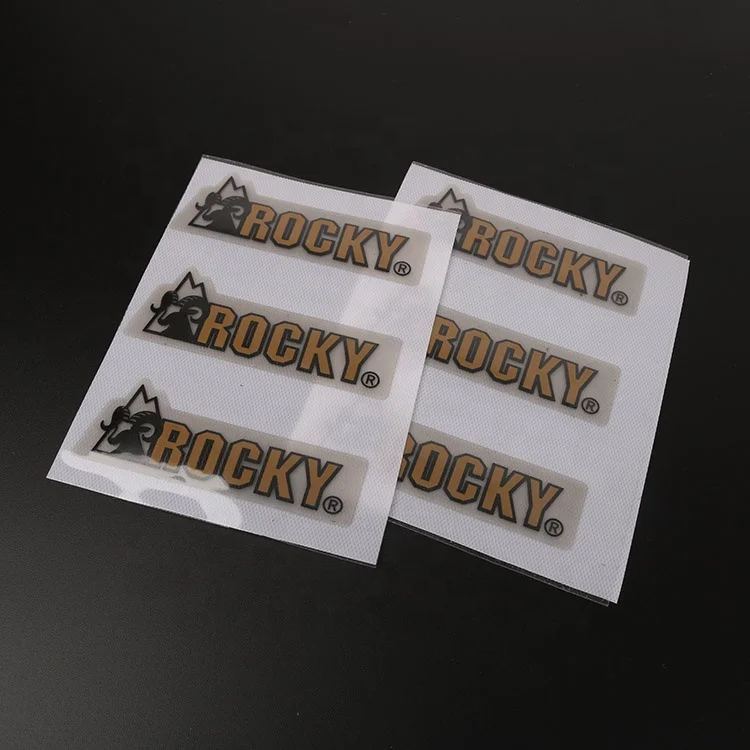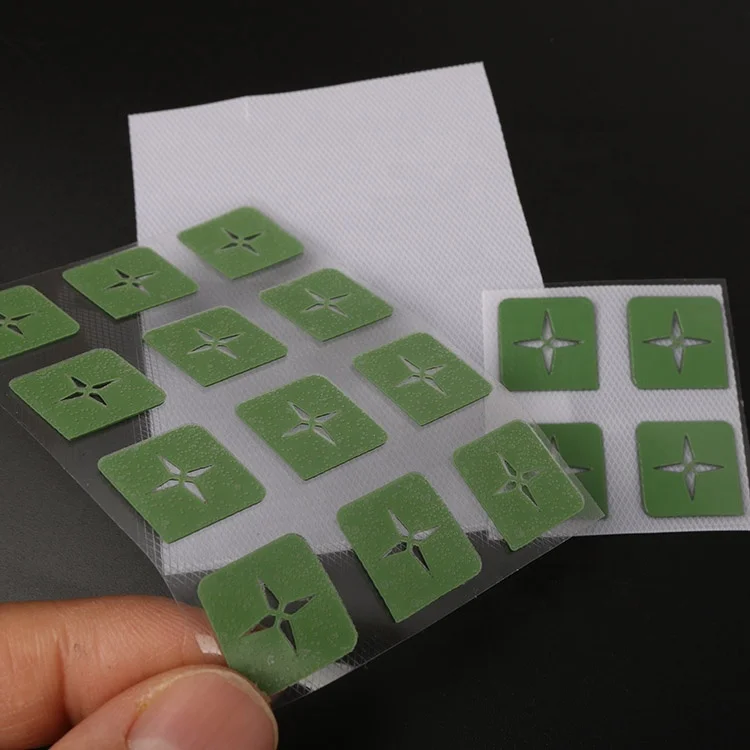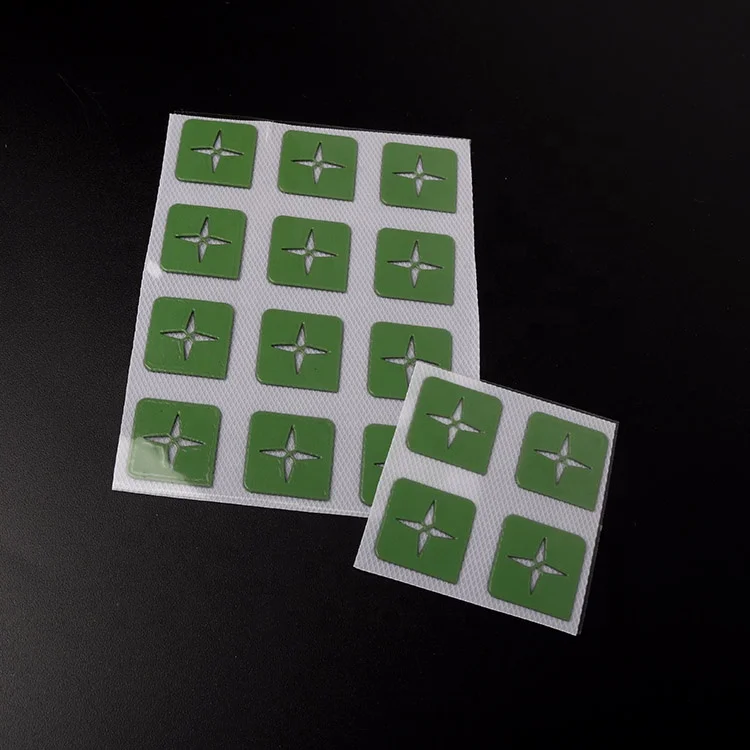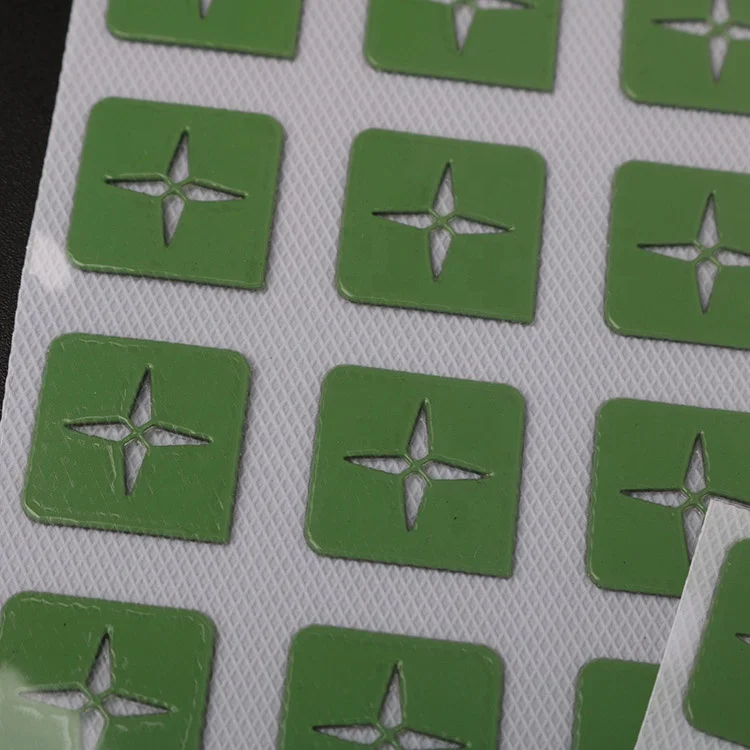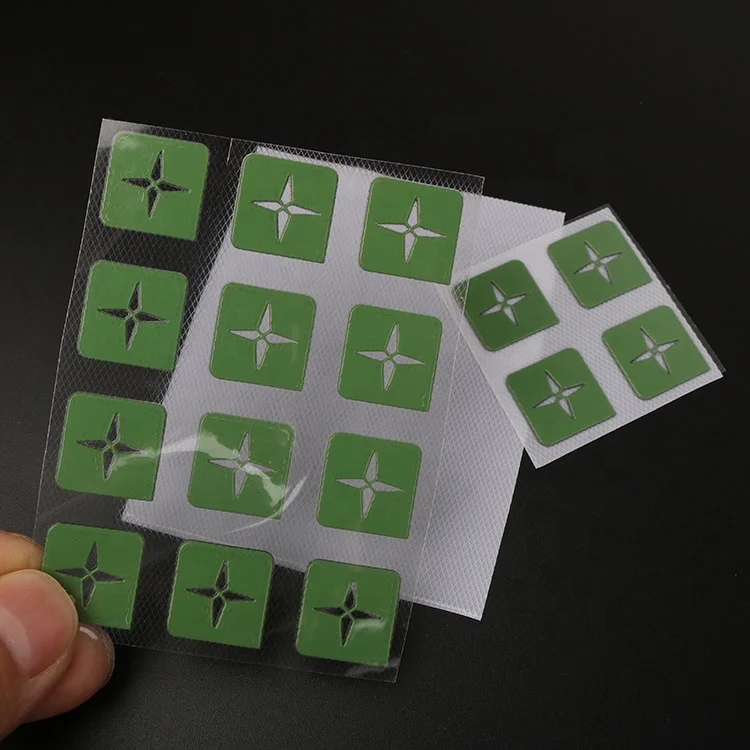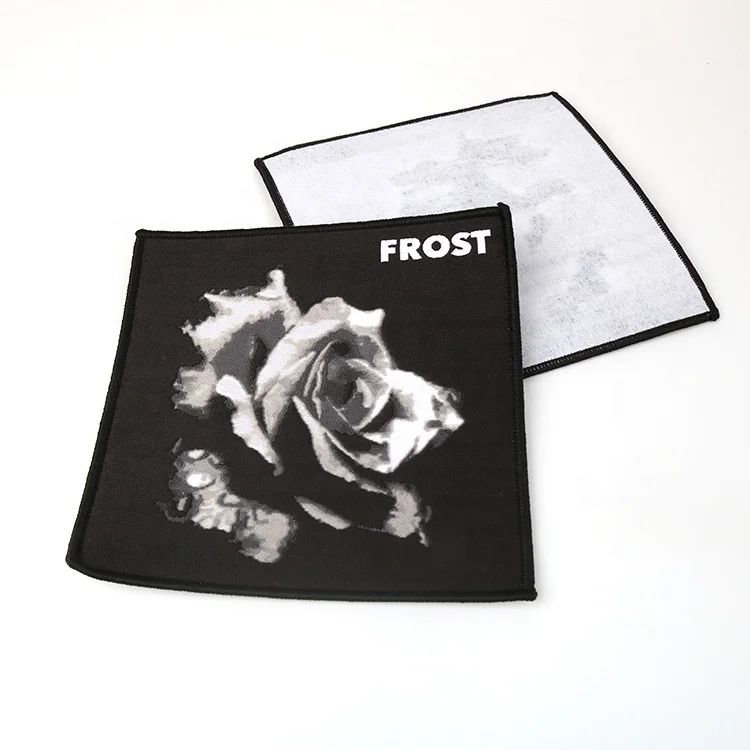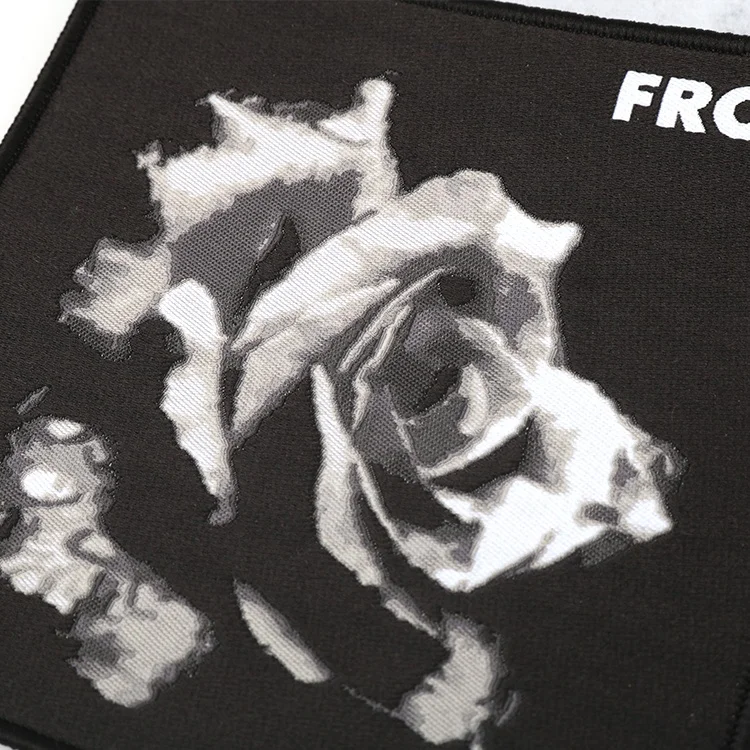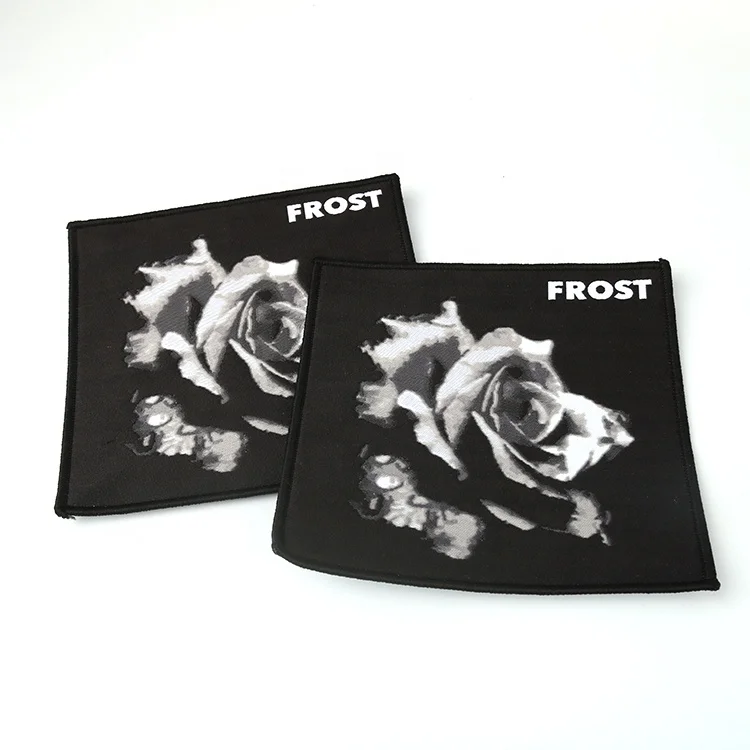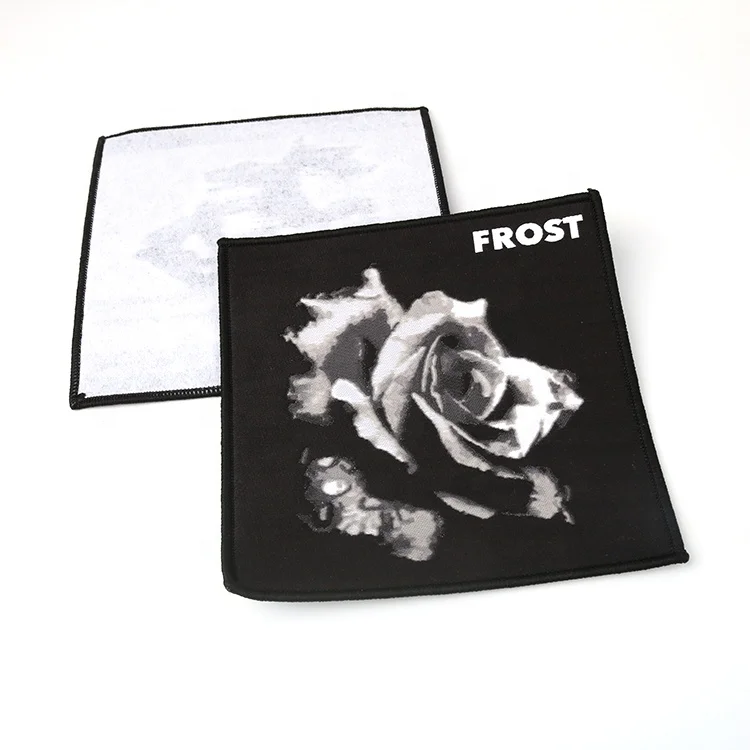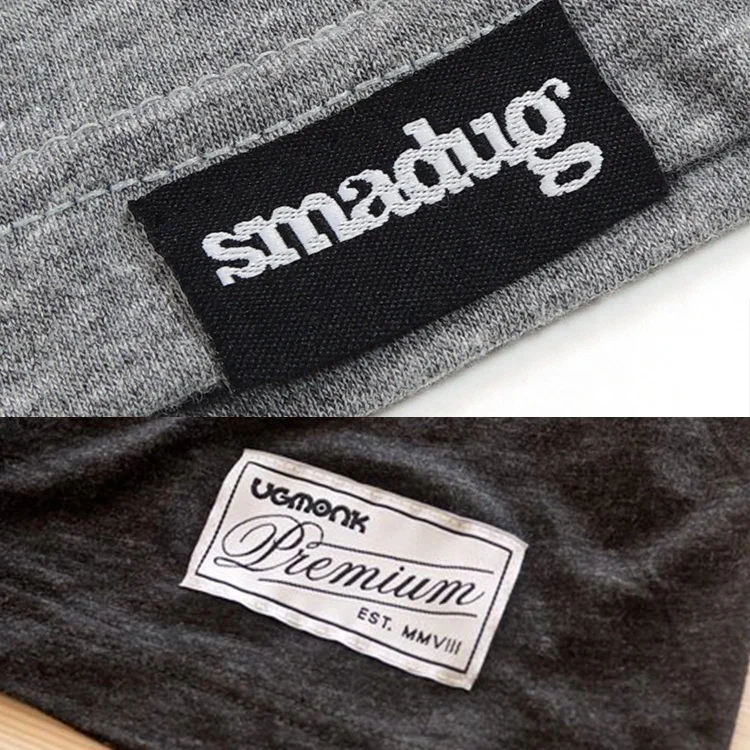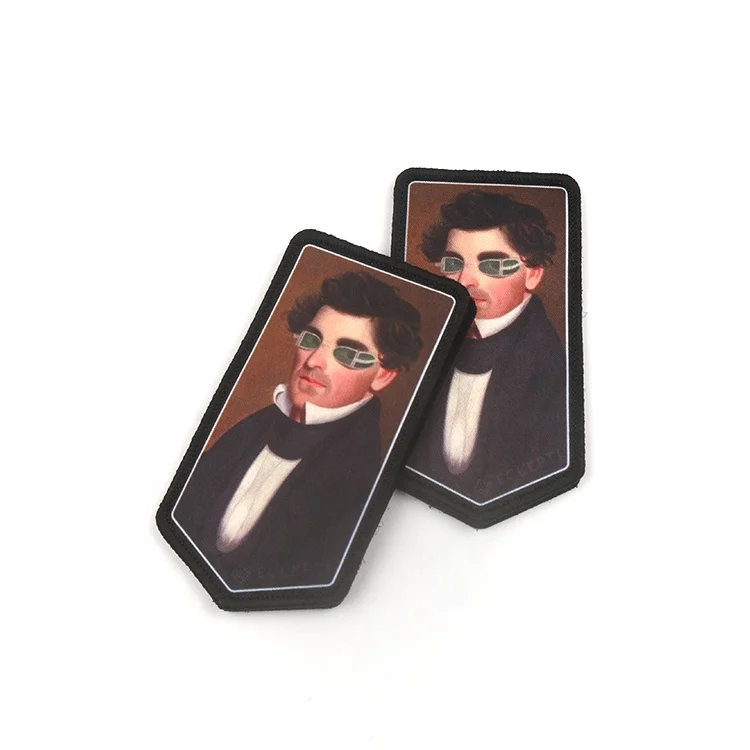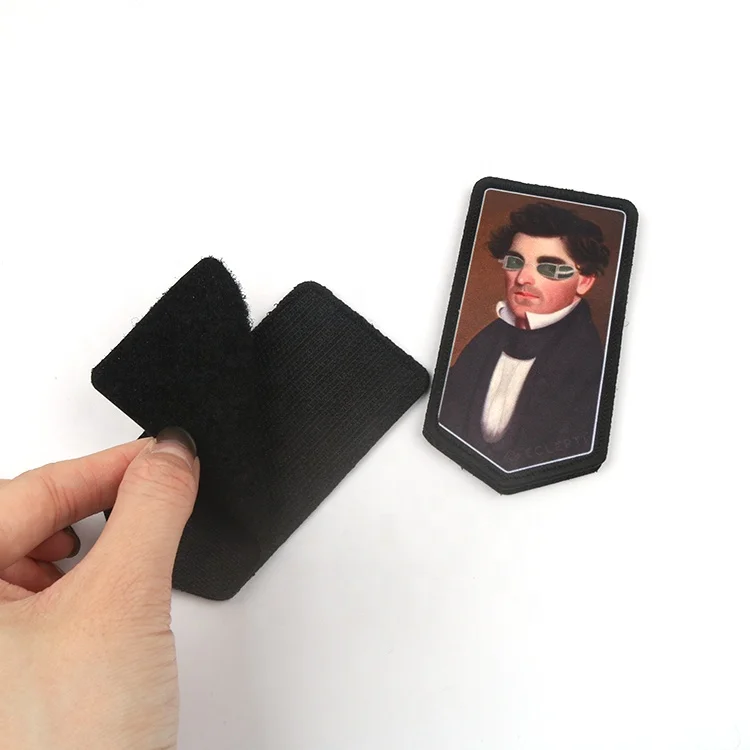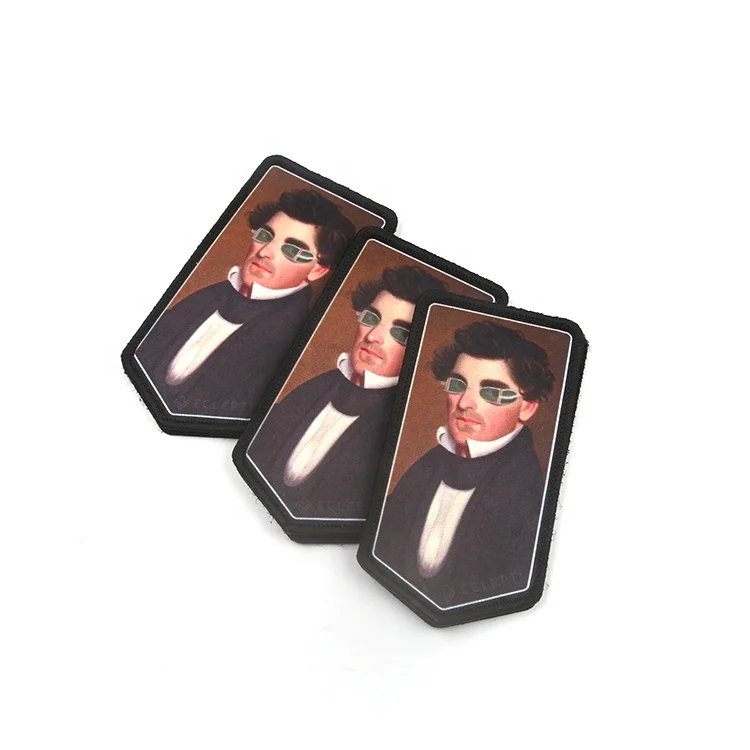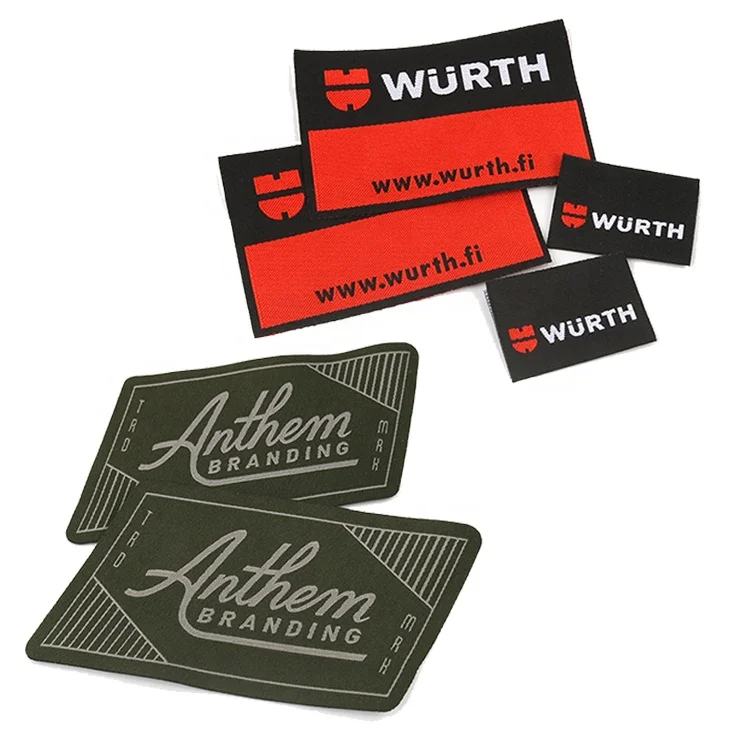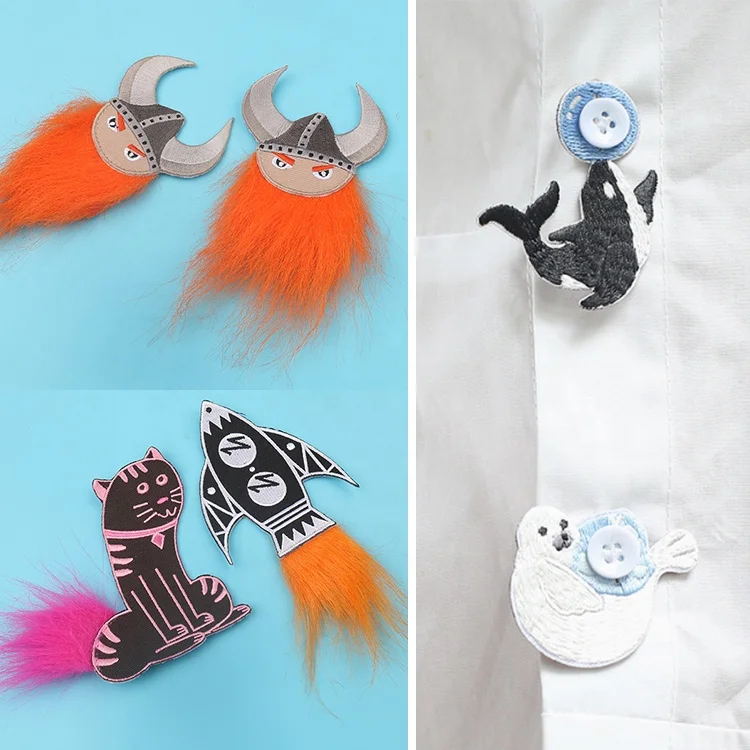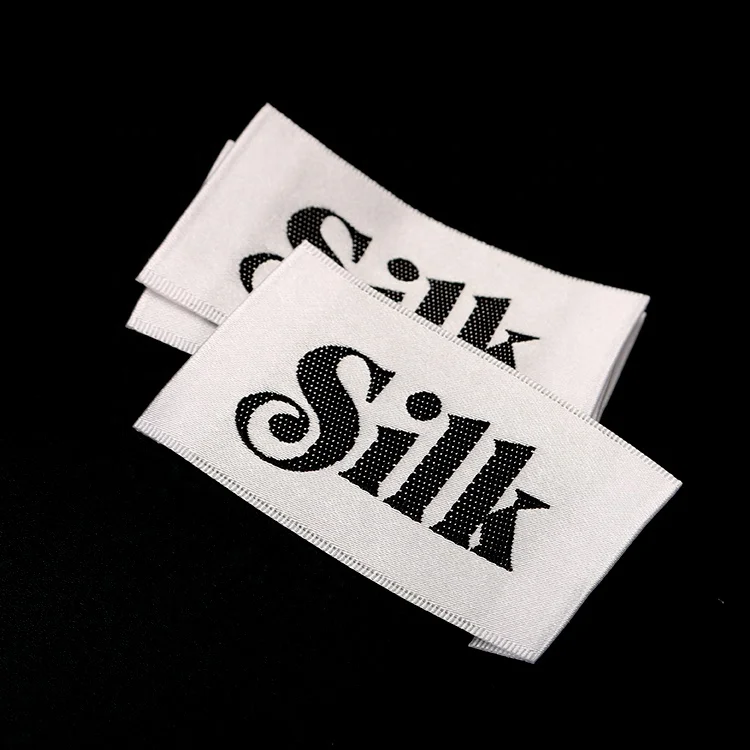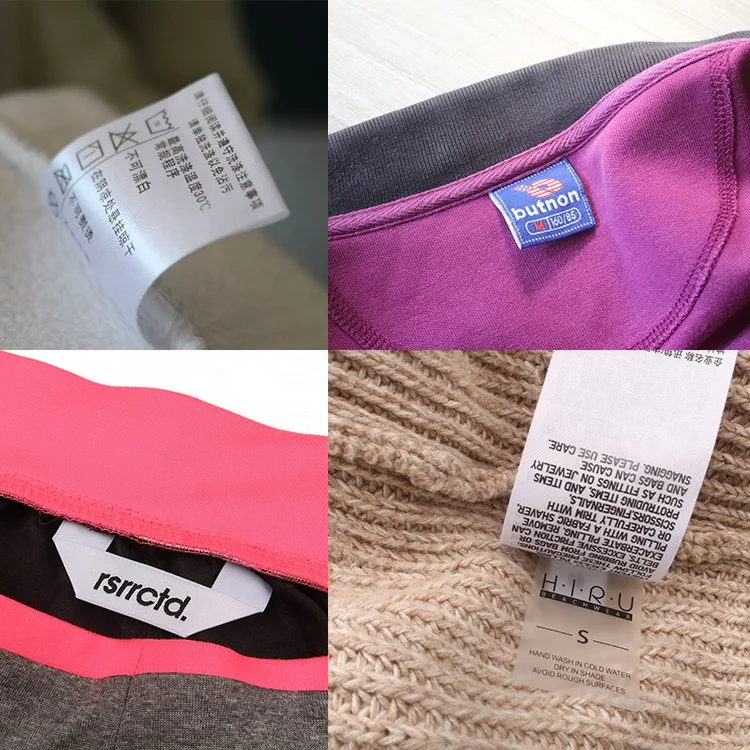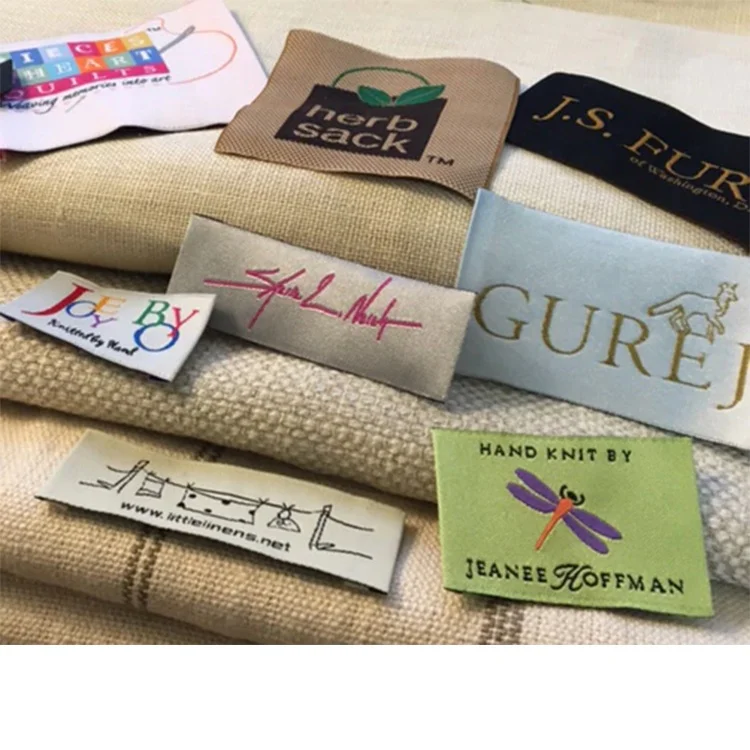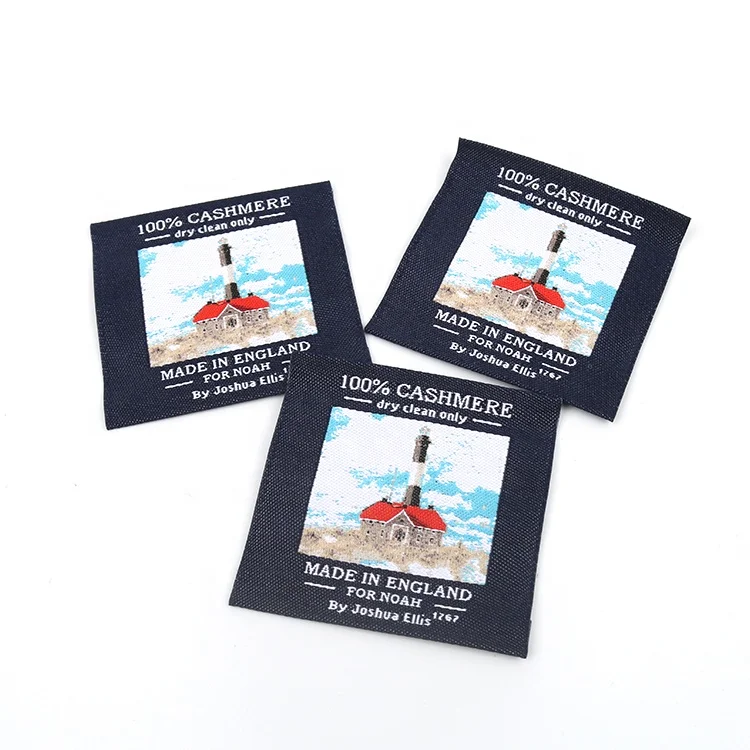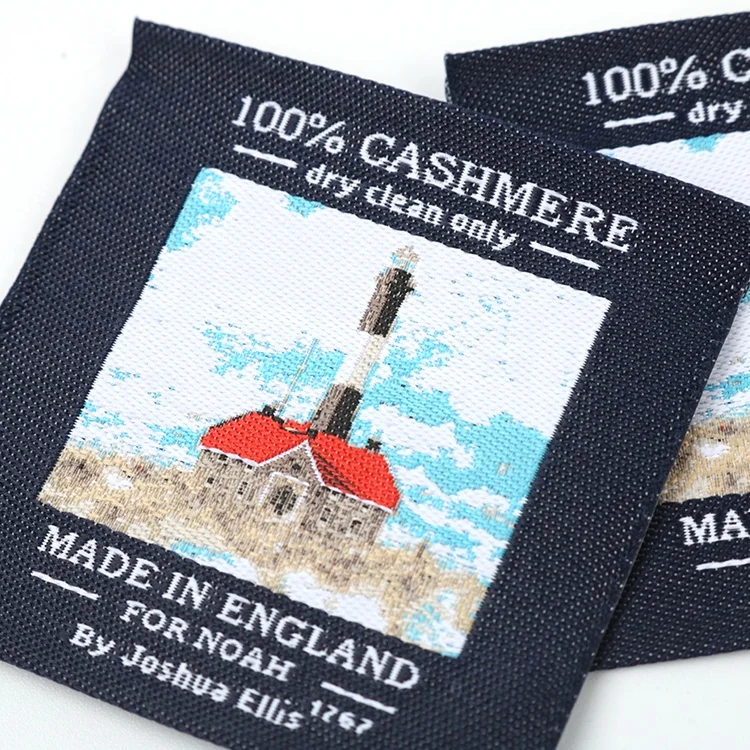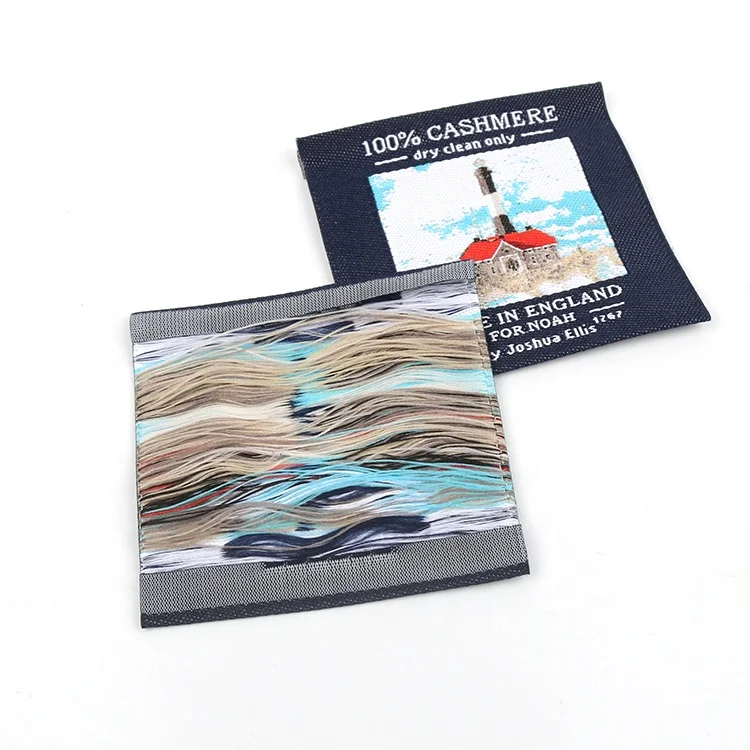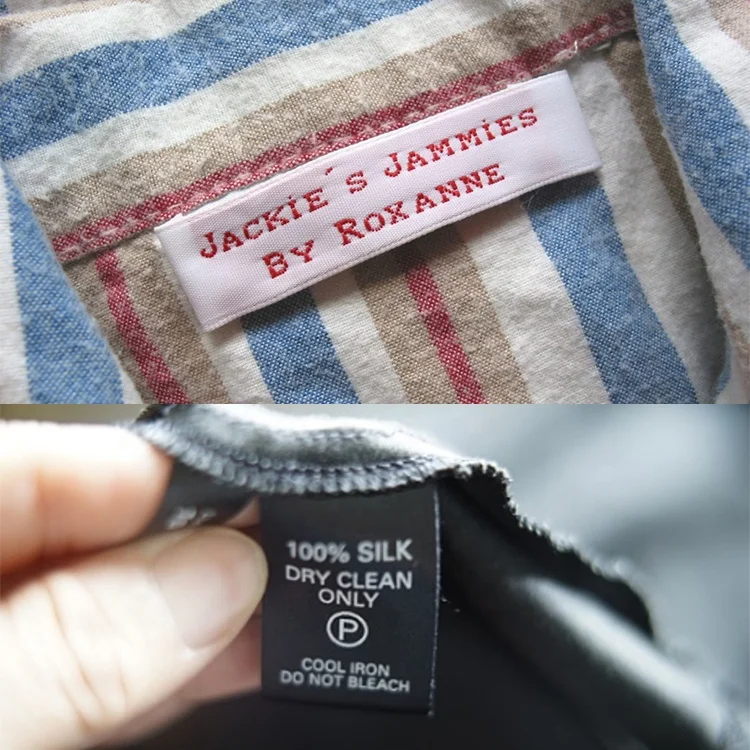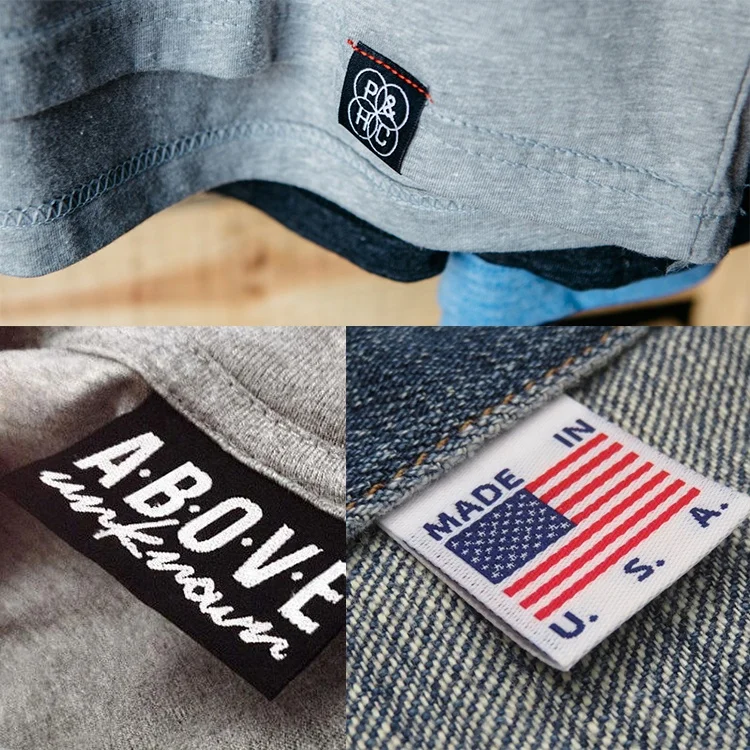Oats: A Complete Guide for Buyers and Suppliers in 2025
Oats are one of the most versatile and nutritious grains available today. Whether you're a food manufacturer, health-conscious consumer, or supplier, understanding the different types, benefits, and sourcing options for oats is essential. This guide covers everything from how to find reliable suppliers in China to selecting the right oats for your needs.
How to Find Reliable Oats from China in 2025
China is a major global supplier of oats, offering competitive prices and large-scale production capabilities. To find reliable suppliers, consider the following steps:
- Verify certifications: Look for suppliers with ISO, HACCP, or organic certifications to ensure quality and safety standards.
- Check reviews and references: Research supplier reputations through platforms like Alibaba or industry forums.
- Request samples: Always test product quality before placing bulk orders.
- Negotiate terms: Discuss pricing, minimum order quantities (MOQs), and shipping options upfront.
What Buyers Should Know Before Buying Oats from China
Purchasing oats from China requires careful planning. Here are key considerations:
- Import regulations: Ensure compliance with your country's food safety and import laws.
- Logistics: Factor in shipping costs, lead times, and potential delays.
- Payment security: Use secure payment methods like escrow or letters of credit.
- Quality control: Arrange third-party inspections if necessary.
Types of Oats
Different processing methods yield various oat products:
- Whole oat groats: The least processed form, ideal for slow cooking.
- Steel-cut oats: Chopped groats with a chewy texture.
- Rolled oats: Flattened groats that cook faster, perfect for oatmeal.
- Instant oats: Pre-cooked and dried for quick preparation.
- Oat flour: Ground oats used in baking and thickening.
Functions and Features of Oats
Oats offer numerous benefits:
- Nutritional powerhouse: High in fiber, protein, and essential vitamins.
- Heart-healthy: Beta-glucan fiber helps lower cholesterol.
- Versatile: Suitable for breakfast cereals, baked goods, and snacks.
- Gluten-free: Naturally gluten-free (though cross-contamination can occur).
Scenarios of Oats
Oats have diverse applications:
- Food industry: Breakfast cereals, granola bars, and baked goods.
- Health products: Supplements and functional foods.
- Animal feed: Nutritious option for livestock.
- Cosmetics: Used in skincare products for their soothing properties.
How to Choose Oats
Selecting the right oats depends on your needs:
- For cooking: Steel-cut or rolled oats offer better texture.
- For baking: Oat flour or quick oats work well.
- For health: Choose organic, non-GMO varieties.
- For bulk purchase: Consider storage requirements and shelf life.
Oats Q & A
Q: Are oats gluten-free?
A: Pure oats are naturally gluten-free, but cross-contamination with wheat during processing is common. Look for certified gluten-free oats if you have celiac disease.
Q: What's the shelf life of oats?
A: Properly stored in airtight containers, oats last 6-12 months. Whole oat groats have a longer shelf life than processed varieties.
Q: Can oats help with weight loss?
A: Yes, their high fiber content promotes satiety and helps control appetite.
Q: What's the difference between rolled and instant oats?
A: Rolled oats are steamed and flattened, while instant oats are pre-cooked and dried for faster preparation.
Q: How much beta-glucan do oats contain?
A: Typically 2-8% of dry weight, with most concentrated in the outer bran layer.








































